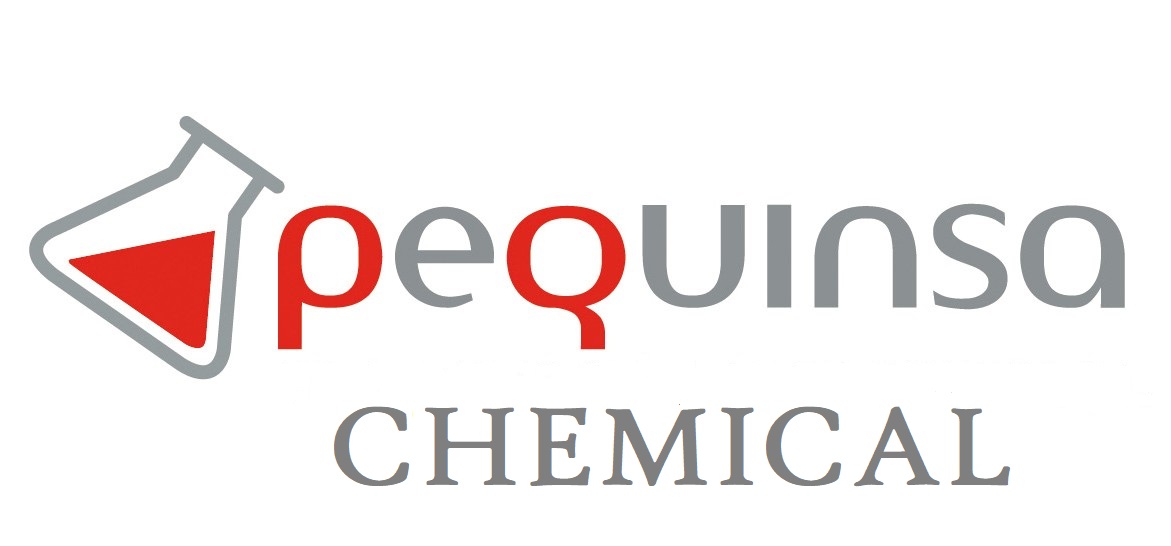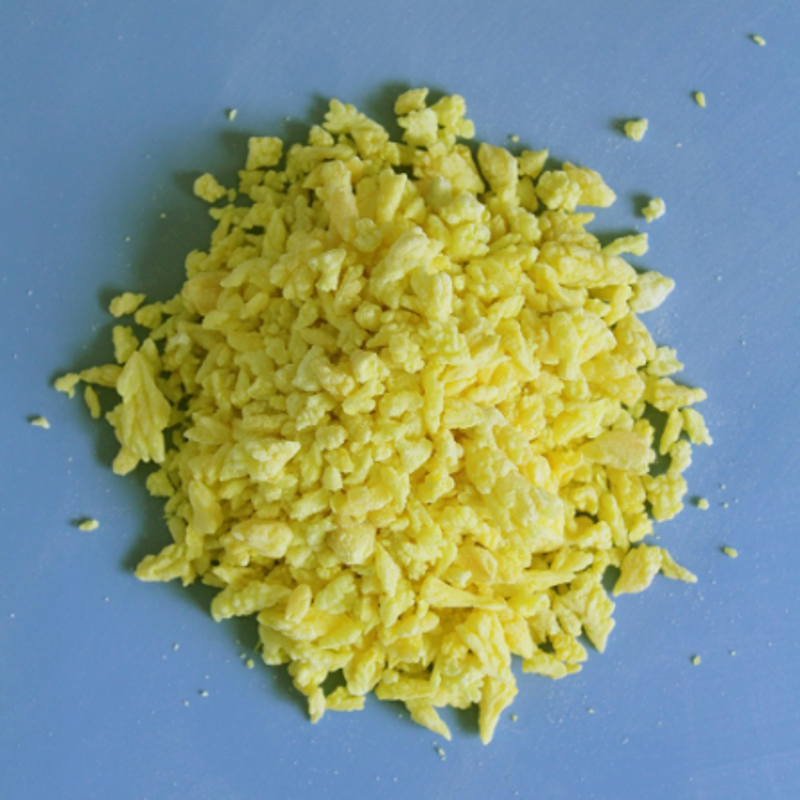-
Categories
-
Pharmaceutical Intermediates
-
Active Pharmaceutical Ingredients
-
Food Additives
- Industrial Coatings
- Agrochemicals
- Dyes and Pigments
- Surfactant
- Flavors and Fragrances
- Chemical Reagents
- Catalyst and Auxiliary
- Natural Products
- Inorganic Chemistry
-
Organic Chemistry
-
Biochemical Engineering
- Analytical Chemistry
-
Cosmetic Ingredient
- Water Treatment Chemical
-
Pharmaceutical Intermediates
Promotion
ECHEMI Mall
Wholesale
Weekly Price
Exhibition
News
-
Trade Service
In the chemical industry, there are many different types of products that are produced and used in a variety of applications.
One such product is Sofalcone, which is a chemical compound that is used in various industrial and commercial processes.
Upstream and Downstream Products of Sofalcone
When it comes to the production of Sofalcone, there are several different compounds and materials that are used as raw ingredients in the manufacturing process.
These upstream products include a variety of chemicals and other materials that are used as precursors to the production of Sofalcone.
Some of these upstream products may include chemicals such as sulfuric acid, sodium hydroxide, and various other reagents and solvents that are used in the manufacturing process.
Once these upstream products are combined and processed, they undergo a series of chemical reactions and transformations that result in the production of Sofalcone.
This process involves a number of steps, including mixing, heating, and cooling, as well as the use of various chemical reagents and catalysts.
The final product of this process is a white, granular material that is known as Sofalcone.
Downstream Products of Sofalcone
Once Sofalcone has been produced, it can be used in a variety of downstream applications.
These downstream products may include industrial and commercial chemicals, as well as consumer products and other items that are used in everyday life.
Some of the most common applications of Sofalcone include its use in the production of detergents and cleaning products, as well as in the manufacturing of plastics and other synthetic materials.
In addition to these traditional applications, Sofalcone may also be used in a variety of other industries and applications.
For example, it may be used in the production of pharmaceuticals, fragrances, and other personal care products.
It may also be used in the production of food and beverage products, as well as in the manufacturing of textiles and other fibers.
Benefits and Drawbacks of Using Sofalcone
One of the main advantages of using Sofalcone is its versatility and compatibility with a wide range of other chemicals and materials.
This makes it ideal for use in a variety of different applications, and allows it to be easily integrated into various industrial and commercial processes.
In addition, Sofalcone is relatively easy to produce and is generally considered to be a cost-effective material.
However, there are also some potential drawbacks to using Sofalcone.
For example, it may be somewhat hazardous to handle and work with, and proper safety precautions should always be taken when handling this material.
In addition, there may be some environmental concerns related to the production and use of Sofalcone, as with any chemical product.
Overall, Sofalcone is a versatile and useful chemical compound that is used in a variety of industrial and commercial applications.
Its upstream and downstream products are carefully crafted through a series of chemical reactions and transformations, and the final product is a versatile and effective material that can be used in a variety of different applications.
While there may be some potential drawbacks to using Sofalcone, its many benefits make it a valuable resource for the chemical industry.







